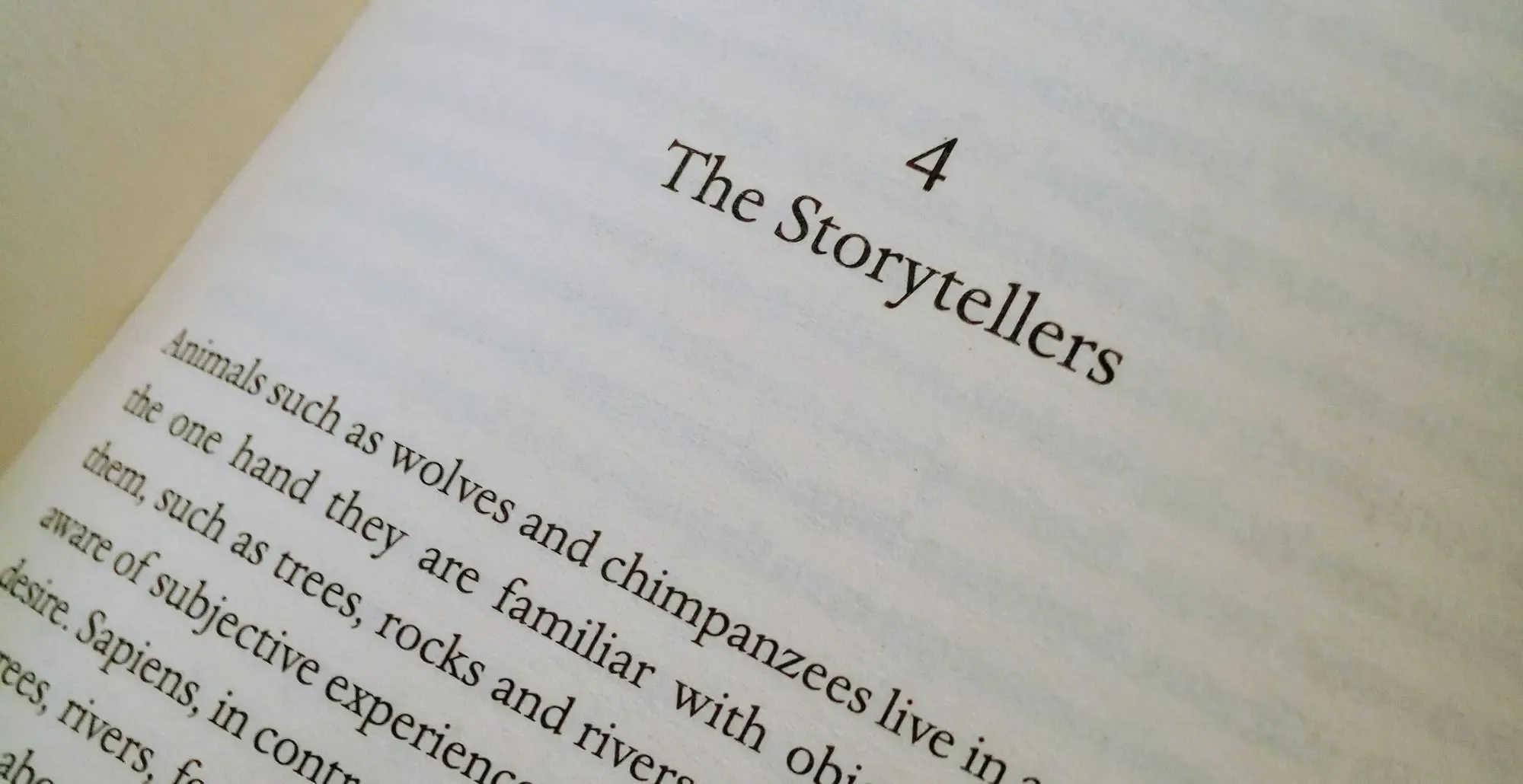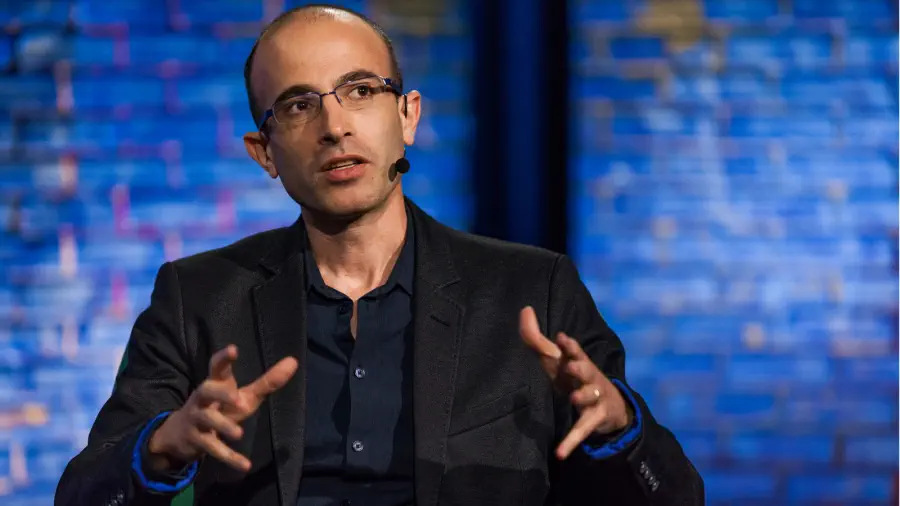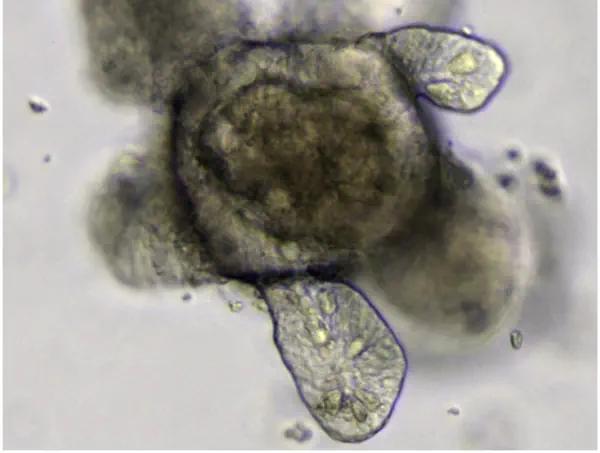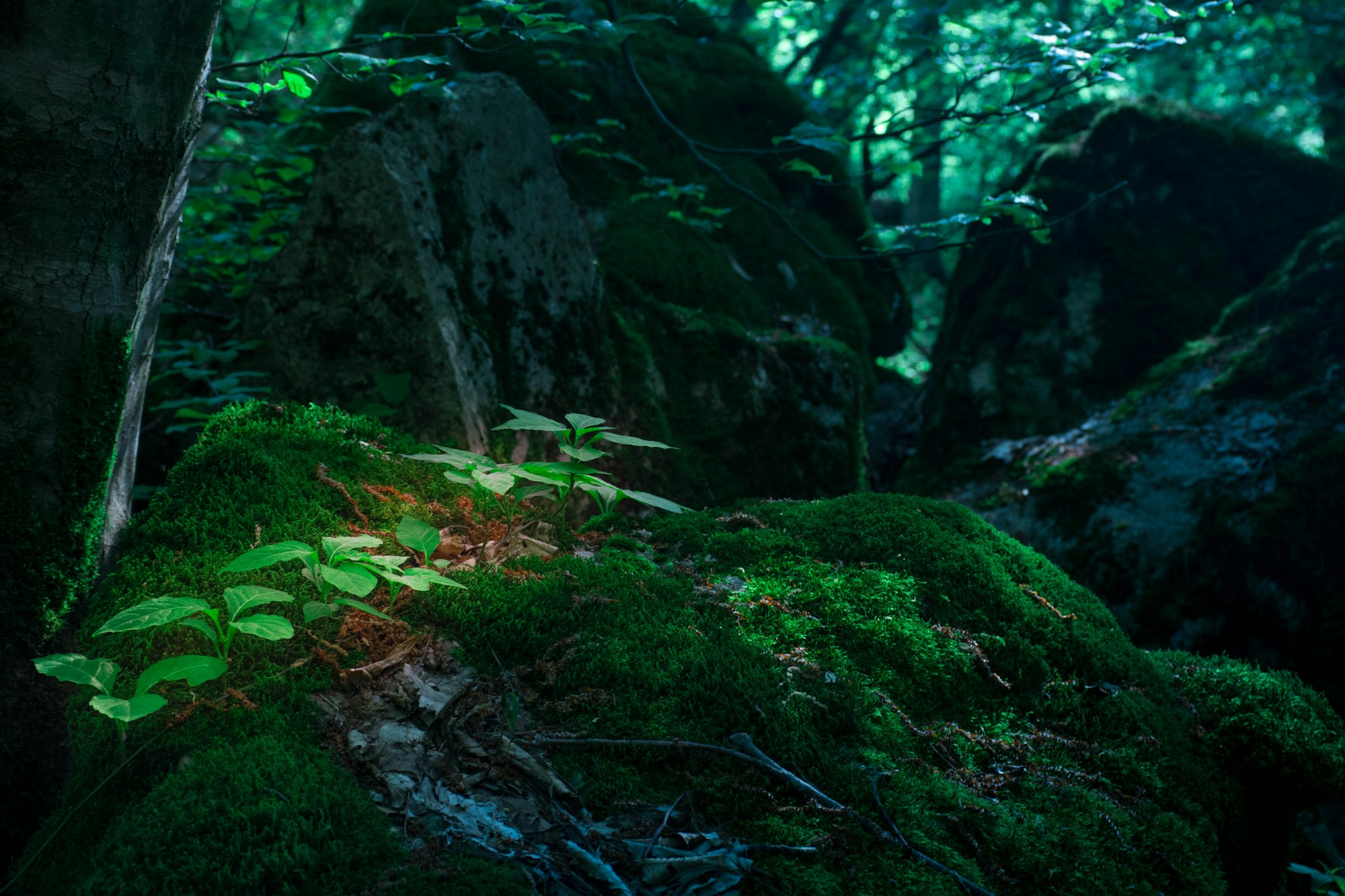There are books of fiction which changed my life. The Diary of Malte Laurids Brigge, Sleep's brother, Neuromancer.
Some non-fiction books have similar impact; Tor Nørretrander's The User Illusion, Nassim Nicholas Taleb's The Black Swan. And now I have one more: Homo Deus, a brief history of Tomorrow by Yuval Noah Harari.
The author's first book Sapiens took the reader from the earliest apes to the present day. Agriculture, animal husbandry, the creation of money, religion and the resurrection of nations. Thoroughly interdisciplinary across history, biology, philosophy and economics.
The sequel, Homo Deus, takes its cue from the human agenda and looks ahead, more happiness, less death. Humans now have access to technologies where we are taking over evolution through genetics and Artificial Intelligence. What will this mean?
By the time I got to Chapter 4, things got very interesting. The Storytellers.

In the modern era, the foundational philosophies of humanism, modernism, and liberalism are being challenged, as the notion of free will as a starting point is losing its grip. Simultaneously, humanism, which has been the bedrock of our society, upholding the idea of the inviolable unique individual with free will and human rights, is facing scrutiny.
Modernity can be encapsulated by the phrase, "People gave up meaning in exchange for power." We construct narratives to imbue our modern existence with meaning, such as the story of the people, the nation, or the company. However, these narratives are ultimately fictional, lacking genuine meaningfulness in terms of creation, belonging, and purpose.
We no longer find ourselves as part of any whole or cycle, nor do we consider ourselves as God's creation with an overarching plan. The meaning of our existence is no longer predetermined; instead, it lies entirely in the hands of our fellow human beings, including engineers, politicians, and community builders. We are left with only our free will and the responsibility to create meaning in every moment.
Now, humanity stands alone, bearing the responsibility for its future and existence. Our primary goals revolve around seeking happiness, longevity, and better health. If there are any other aspirations, they are few and far between. Our free will has the power to steer us in the direction we desire, without the need for context or trust in a divine plan.

Pictured below is an organoid. Human stem cells grown to the size of a pea; it makes a small brain in the lab. The organoid creates its neuronal networks and responds to light. Some scientists are a bit hesitant about creating things that can possibly feel pain.

We are in the transition to the fourth industrial revolution, where hardware, software and biology are linked together in global networks. I think Homo Deus is an important contribution to the dialogue about how we should approach this.
There are many signs that we are destroying our habitat on this wonderful little blue planet. Shrugging our shoulders and saying "Shit happens", our planet will hit the Extinction button. In 200,000 years, all will be different and there is nothing to be upset about.
How will this end - and what will we have instead? I think it was Bill Clinton who said, 'It's better to be for something, than against'.
Beyond that, it's an unparalleled book - a pure pleasure to read, an intellectual tour-de-force by someone who manages to weave together widely disparate phenomena and observations into a unique perspective on Homo Sapiens.
